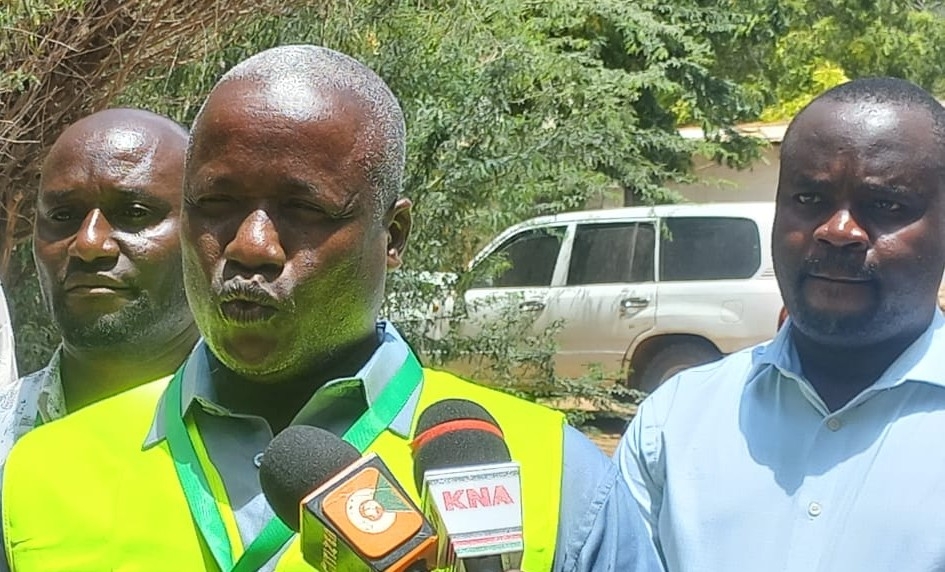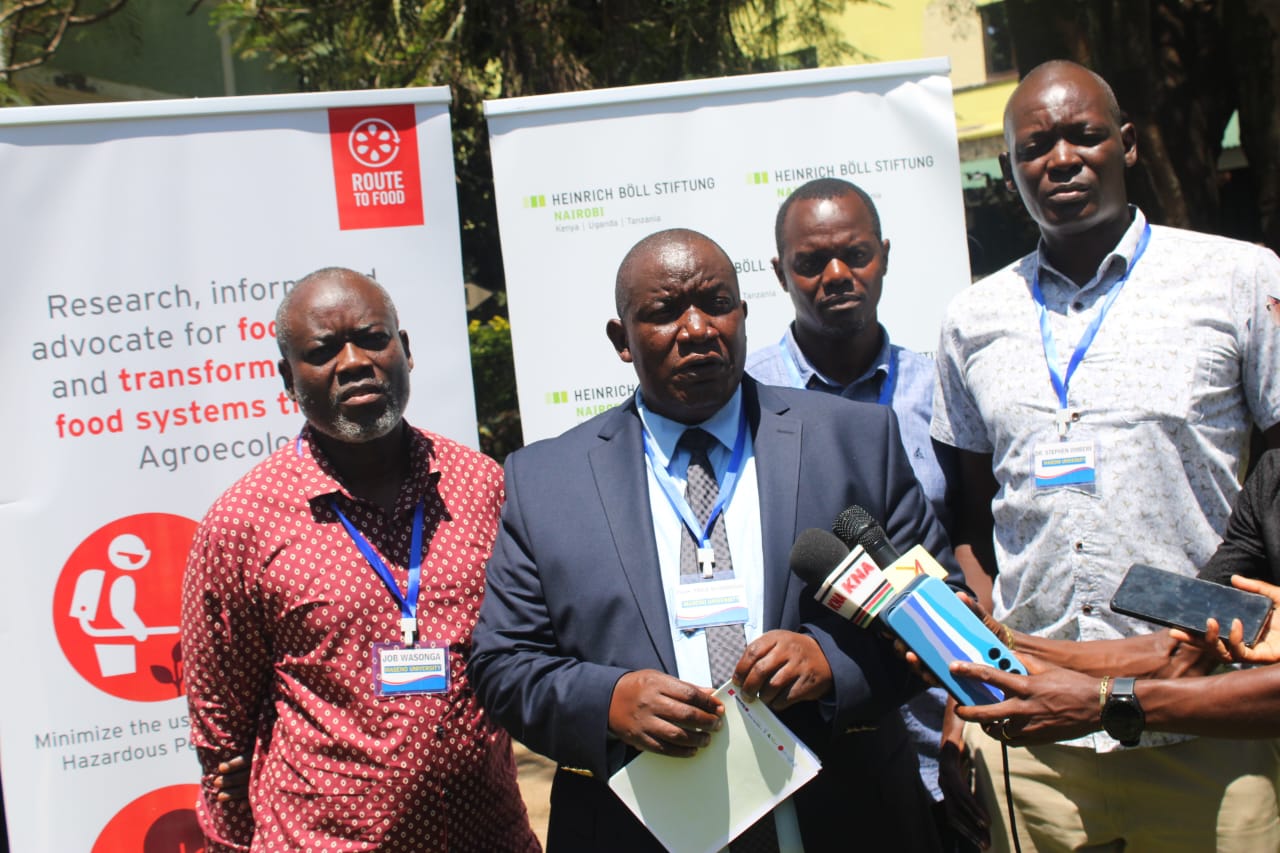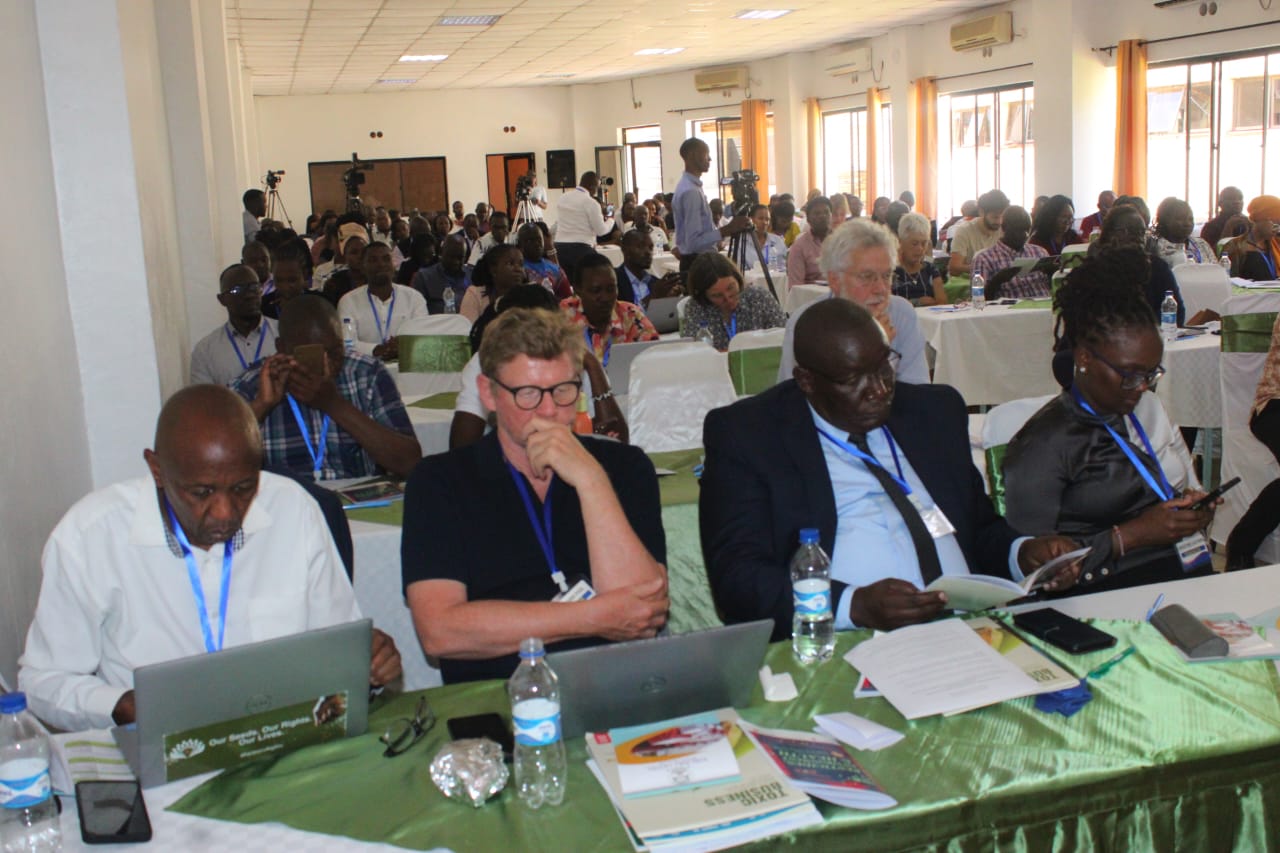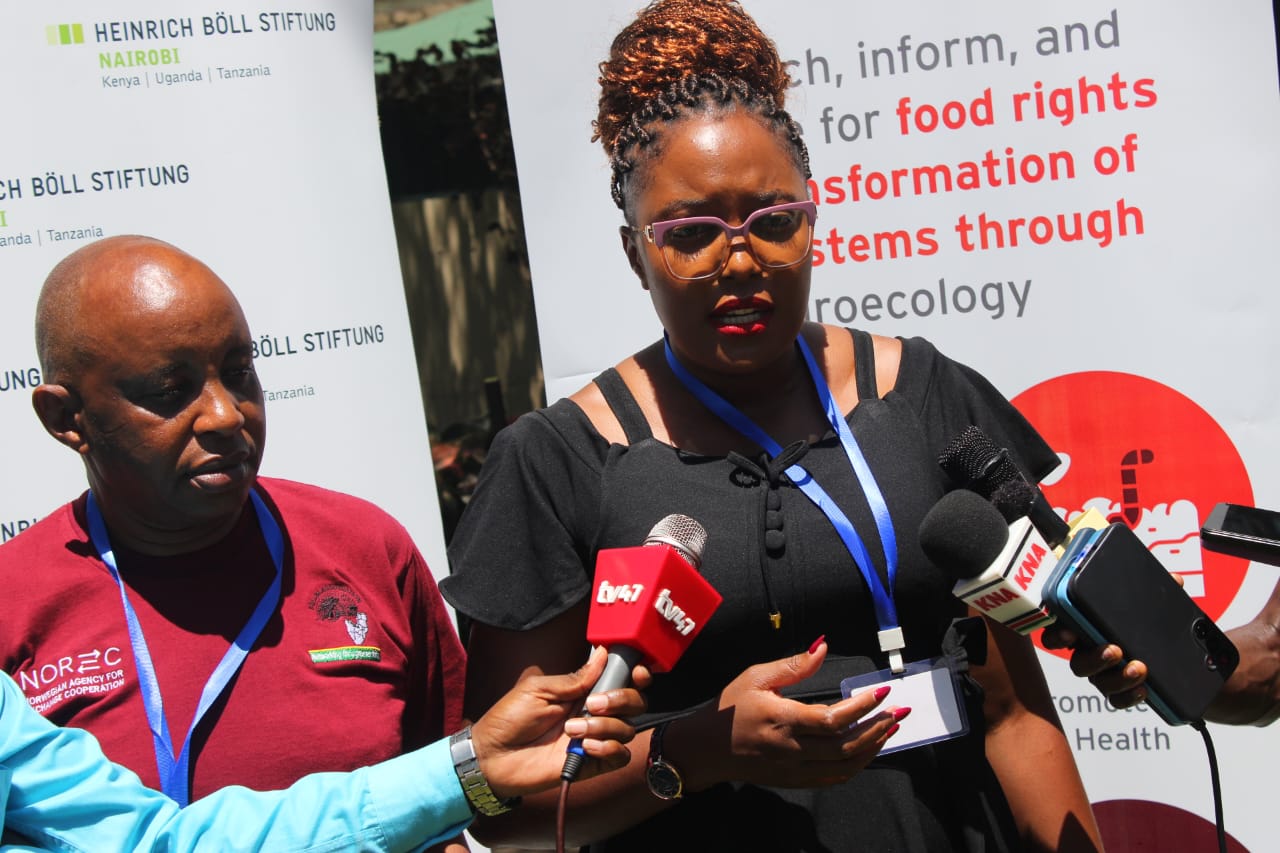

Experts have called for urgent action to phase out toxic pesticides and accelerate transition to safer and more sustainable farming methods.
The scientists, farmers and environmental advocates from East Africa raised concerns about the health and environmental effects of synthetic pesticides.
In June, Kenya’s Ministry of Agriculture withdrew 77 pesticide products from the market and restricted the use of 202 others as it reviews 151 more.
While partners praised the move as a milestone, experts say enforcement and awareness remain major challenges.
Elizabeth Achieng from Greenpeace Africa said environmental damage from pesticides is often overlooked because it occurs gradually.
“Environmental impacts are slow and less visible, but they’re slowly killing the planet,” she said.
“We can’t talk about food security without protecting the environment that sustains food production.”
Greenpeace Africa is set to launch a report in December assessing policy gaps on pesticide regulation in Kenya, Ghana and South Africa.
The report will highlight weak monitoring mechanisms and persistent use of banned chemicals in greenhouses and pest control.
“We want to move from saying we are banning pesticides to ensuring full implementation,” Achieng said.
“Even when bans are announced, many of these products are still available in agro-shops, just hidden from the shelves.”
She spoke during a two-day International Symposium on Pesticides, Environment and Health in East Africa.
The event was hosted in Kisumu by Maseno University in collaboration with the University of Oslo.


Maseno University deputy vice chancellor Eric Nyambedha said the meeting is part of a six-year collaborative project started in 2021 between universities and research institutions in Kenya, Tanzania and Uganda.
The project, funded by the Norwegian government through Norad seeks to strengthen training and research in medical and environmental anthropology.
It brings together the University of Oslo, Maseno University, University of Nairobi, Kemri, University of Dar-es-Salaam, Tanzania’s National Medical Research Institute and Makerere University.
“Our goal is to build capacity in environmental and medical anthropology for the 21st century in East Africa,” Nyambedha said.
Across the region, communities are increasingly alarmed by the continued use of highly hazardous pesticides some of which are banned in other parts of the world.
Exposure occurs through handling of food, water and air, posing risks to human health and ecosystems.
Participants at the symposium stressed the need for viable, affordable alternatives to chemical pesticides to protect farmers’ livelihoods and public health.
A representative from the Participatory Ecological Land Use Management Kenya network said agroecology offers practical solutions.
“We advocate for organic, conservation and intensive sustainable farming. Farmers want healthy food, but we can’t achieve that if our soil and water remain poisoned,” the representative said.
Agroecology emphasises natural pest management, soil conservation and biodiversity methods proven to boost productivity while reducing dependency on chemical inputs.
Harun Warui, who leads the agroecology programme at the Heinrich Böll Foundation and coordinates the Route to Food Initiative, said the focus must now shift from policy announcements to implementation.
“Agriculture is a devolved function,” he said.
Warui said counties must operationalise national decisions such as withdrawal of toxic pesticides by developing their own regulations.
He highlighted progressive counties such Murang’a, Makueni, Kajiado and West Pokot, which have developed or are finalising agroecology policies to guide safer farming practices.
“We need to see effective monitoring frameworks so that these policies don’t just exist on paper,” Warui said.
“Our farmers can only transition successfully if we make safer products accessible and affordable.”
“When we rely less on expensive toxic inputs, we protect our health, save money and sustain the environment.”












![[PHOTOS] Uhuru leads Jubilee grassroots meeting in Murang’a](/_next/image?url=https%3A%2F%2Fcdn.radioafrica.digital%2Fimage%2F2025%2F11%2F0b2a49cd-52fb-4a92-b9dc-26e253825a4a.jpeg&w=3840&q=100)
